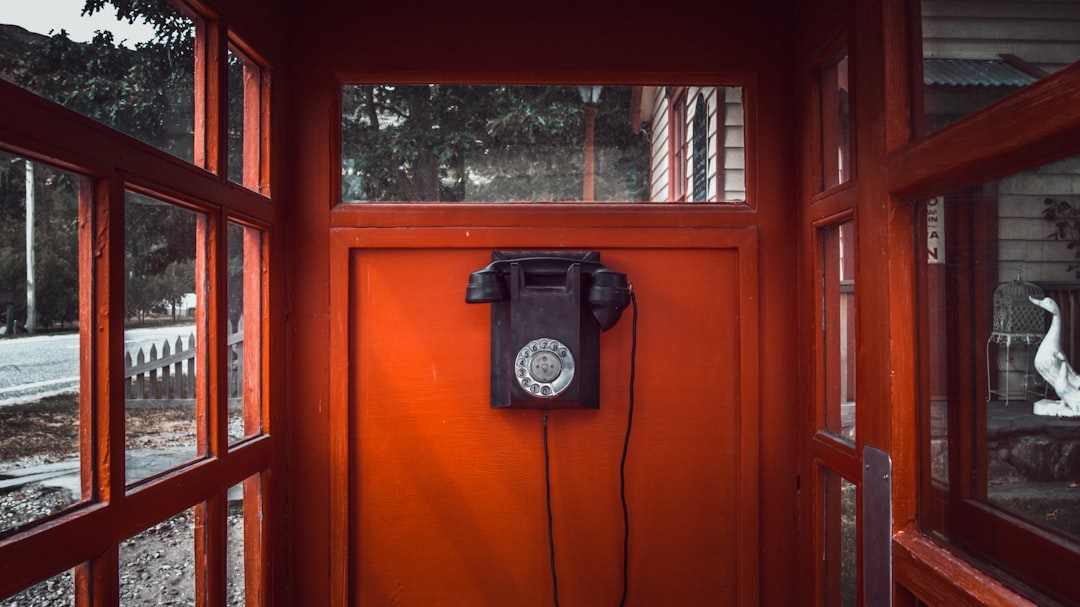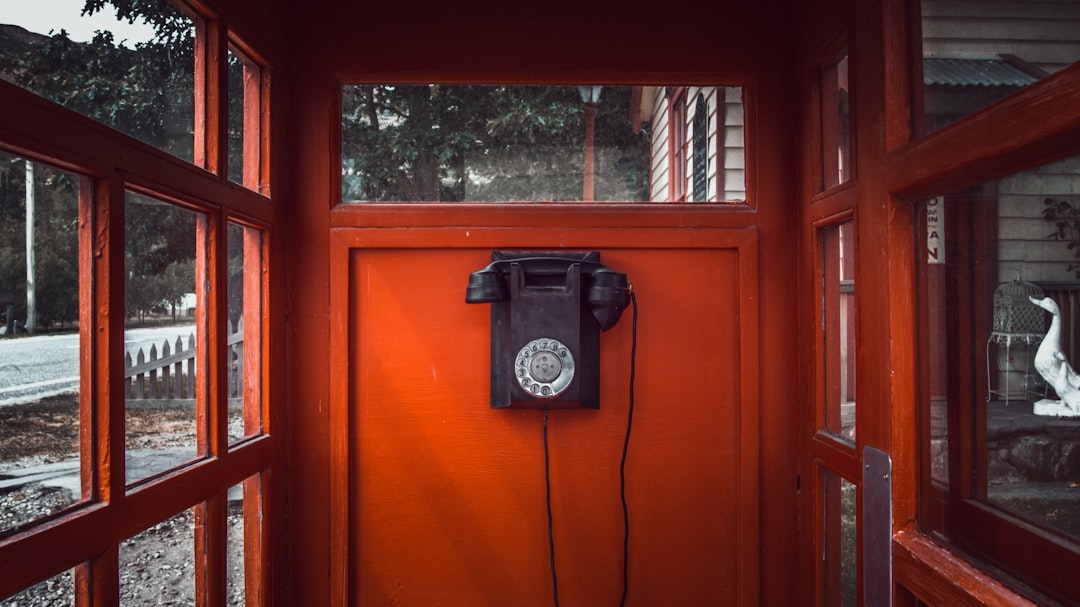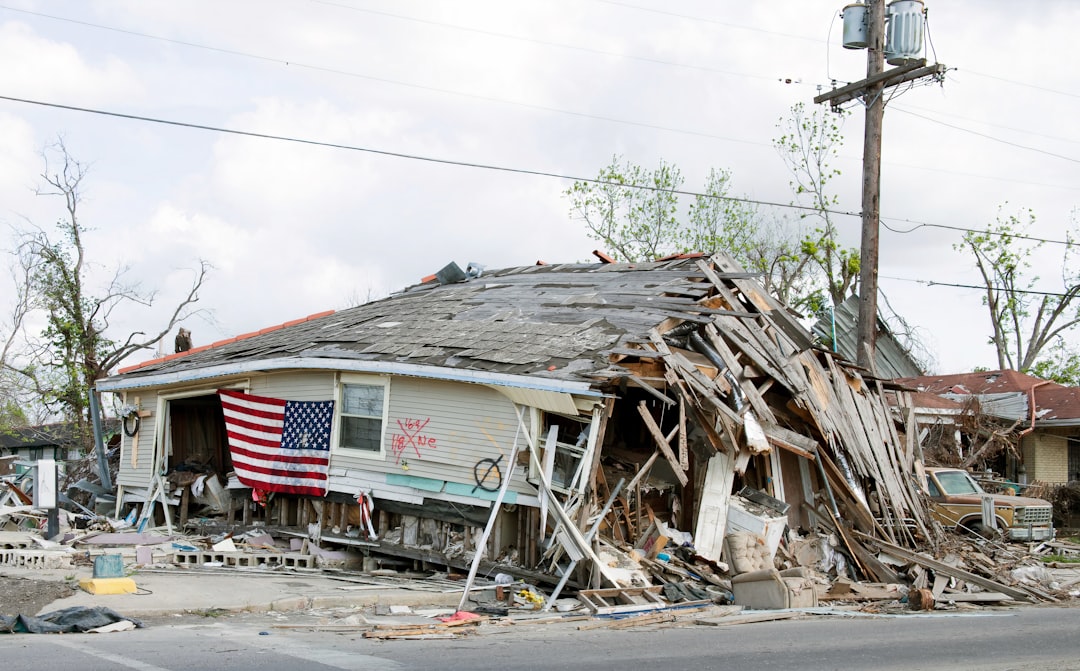Rural Louisiana communities, especially sugar cane farms, are besieged by relentless spam calls from law firms and marketing services, disrupting operations, privacy, and trust. The state's robust anti-spam laws, enforced by specialized law firms, offer protection but residents face challenges balancing communication needs with unwanted interruptions. Effective countermeasures include the National Do Not Call Registry, call-blocking technology, staying informed about spam tactics, and reporting spam to authorities for long-term relief from Louisiana law firm telemarketers.
Rosedale, a close-knit community nestled in Louisiana’s heartland, faces an increasingly insidious threat—spam calls. These relentless telemarketing invasions disrupt the peace of its sugar cane farmers and residents alike. With the rise of spam calls affecting rural areas across the nation, this article explores the unique challenges faced by Rosedale. We delve into the vulnerabilities of local farms, analyze Louisiana’s legal response through anti-spam call initiatives, and present effective strategies for residents to reclaim their privacy from intrusive telemarketers.
The Rise of Spam Calls: A Growing Concern for Rural Communities

In recent years, rural communities like those in Louisiana have been facing a persistent and irritating issue—spam calls. What was once an occasional nuisance has evolved into a constant deluge, with unauthorized telephone marketing calls becoming a major headache for residents. These spam calls often originate from law firms, peddling legal services or attempting to sell products and services. The rise of automated call systems and sophisticated telemarketing techniques has made it easier for scammers to target these communities, exploiting their relatively lower population densities and limited access to information.
The impact is significant, causing distress and disrupting the peace of mind that rural living should offer. Many residents feel they have no escape from these relentless calls, prompting concerns about privacy and personal data security. With the proliferation of spam calls, there is a growing demand for effective solutions and stronger regulations, such as the implementation of a spam call law firms Louisiana residents can rely on to protect their rights and bring some much-needed relief to these communities.
Sugar Cane Farms and Their Vulnerabilities to Telemarketing Invasions

Sugar cane farms, often vast and remote stretches of land in Louisiana’s heartland, face a unique challenge in an era dominated by digital communication—the relentless surge of spam calls. These agricultural operations, already grappling with market volatility and labor shortages, now find themselves on the receiving end of countless telemarketing invasions. The impact is twofold: first, the constant interruptions disrupt essential daily operations, from field management to worker coordination. Second, the aggressive nature of these calls can erode trust between farmers and potential legitimate business partners, making it harder to discern genuine opportunities from unwanted intrusions.
With the proliferation of spam call law firms in Louisiana targeting sugar cane communities, farmers are left with a complex dilemma. They must balance their need for communication and marketing to sustain their businesses against the overwhelming flood of non-consensual calls. This constant harassment not only hampers productivity but also creates a sense of distrust and frustration within these tightly-knit agricultural communities that have long relied on personal networks and word-of-mouth for information and partnerships.
Louisiana's Legal Response: Protecting Residents from Unwanted Phone Calls

In response to the growing issue of spam calls, Louisiana has taken significant steps to protect its residents from unwanted phone marketing. The state’s robust spam call laws are designed to safeguard individuals and communities, especially those in rural areas like those surrounding sugar cane farms where constant communication is essential for labor management. These laws not only restrict certain types of automated calls but also empower residents to take action against persistent violators through legal avenues.
Louisiana’s spam call law firms play a crucial role in enforcing these regulations. They help residents file complaints, conduct investigations, and pursue legal action against call centers that disregard the state’s guidelines. By holding these companies accountable, Louisiana aims to reduce the frequency of spam calls and ensure a more peaceful and productive environment for its citizens, especially those in the sugar cane industry who rely heavily on timely communication for their operations.
Mitigating the Impact: Strategies for Rosedale Residents to Counteract Spam Calls

Rosedale residents are increasingly dealing with the nuisance and economic impact of spam calls, particularly those from law firms in Louisiana. While these calls can be frustrating, several strategies can help mitigate their effect. One effective approach is to register on the National Do Not Call Registry, which limits telemarketing calls for residential phone numbers. Additionally, installing call-blocking apps or hardware filters specifically designed to block spam calls can significantly reduce unwanted interruptions.
Another powerful tool is staying informed about the latest tactics used by spam call law firms in Louisiana. Regularly updating phone settings and being vigilant about sharing personal information online can further protect residents from these intrusions. Moreover, reporting spam calls to local authorities or regulatory bodies can aid in enforcing anti-spam call laws, potentially deterring such activities in the future.






